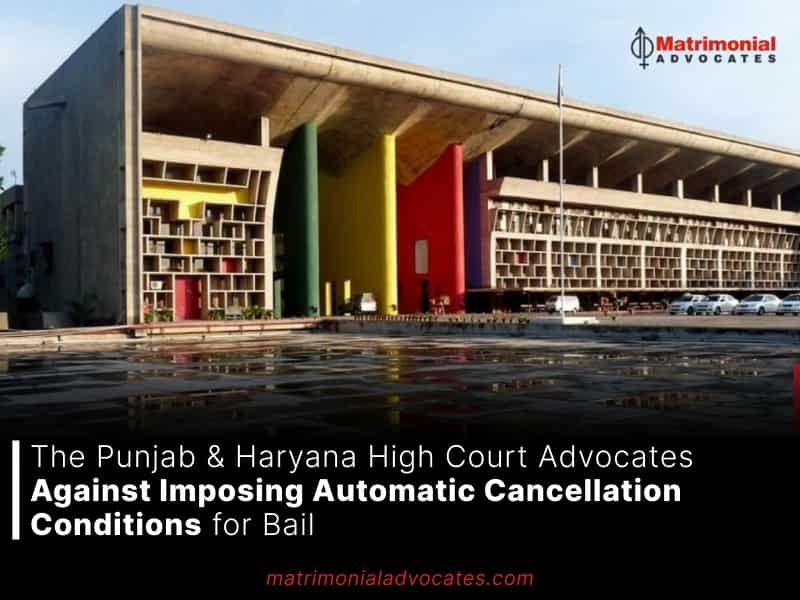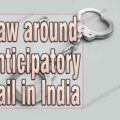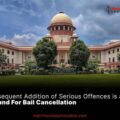
The Punjab and Haryana High Court reiterated that no condition for automatic cancellation of bail can be imposed while granting bail.
The Court was deciding a petition under Section 483 of the Criminal Procedure Code (CrPC) seeking to set aside the condition/observation i.e., “in case, the applicant is involved in any other case of similar nature, the bail granted, in the case in hand shall deemed to be dismissed without further notice” imposed vide an order passed by the Additional Sessions Judge while granting bail.
A Single Bench of Justice Jasjit Singh Bedi held, “A perusal of the judgments referred to hereinabove would show that no condition for the automatic cancellation of bail can be imposed while granting bail. The only condition that can be imposed is that the Investigating Agency/complainant would be at liberty to move an application for cancellation of bail which would be adjudicated upon in accordance with law. In fact, bail once granted cannot be cancelled automatically and in a mechanical manner. There must be cogent and overwhelming circumstances necessary to cancel the bail once granted.”
The court emphasized that the mere violation of bail conditions does not automatically warrant the cancellation of bail. Instead, the court must be persuaded of the necessity to revoke it, taking various factors into consideration.
Advocate Kunal Dawar represented the petitioner, while DAG Rajiv Goel appeared for the respondent.
Case Background: The petitioner, accused under Section 20 of the NDPS (Narcotic Drugs and Psychotropic Substances) Act, 1985, was accused of possessing 1 kg 534 gm of Ganja. She was granted concessional bail by the Trial Court with the mentioned observation. Subsequently, another individual faced charges under Sections 20, 61, and 85, involving the recovery of 3 kgs 770 gm of Ganja. The petitioner’s name surfaced in the disclosure statement of that person.
Although the petitioner was arrested, the other person mentioned in the disclosure statement was granted bail. Moreover, the petitioner’s name appeared in the disclosure statement of another accused, who was also granted bail. Subsequently, the prosecution filed an application seeking the cancellation of the petitioner’s bail, citing her involvement in other FIRs. After arguments from both sides, the regular bail granted to her was revoked because the initial order contained a condition for the automatic cancellation of bail. As a result, this condition was challenged before the High Court.
The High Court in the above regard noted, “Coming back to the facts of the instant case, when the petitioner was granted the concession of bail, a condition was imposed that his bail would be deemed to be dismissed in case he was found to be involved in cases of a similar nature in future. It was in pursuance to the said order, that the impugned order 21.10.2022 (Annexure P-8) has been passed cancelling the bail granted to the petitioner.”
In this particular instance, the Court observed that the bail was revoked automatically without taking any circumstances into account. One of these circumstances, among others, is that the petitioner had been previously granted bail in two other cases prior to the cancellation of bail in the present case.
The Court directed the substitution of the observation in the order dated 12.10.2020 (Annexure P-3), which stated, “It is made clear that in case the applicant is involved in any other case of similar nature, the bail granted, in the case in hand, shall be deemed to be dismissed without further notice.” The replacement observation now reads, “It is made clear that in case the applicant is involved in any other case of similar nature, the prosecution/Investigating Agency shall be at liberty to move an application for cancellation of bail before the appropriate Court, which shall be adjudicated upon in accordance with the law.” This directive was given by the Court.
Hence, the High Court clarified that the prosecution or Investigating Agency has the liberty to file an application for the cancellation of bail if considered necessary, and the respective court will subsequently adjudicate on it in compliance with the law.





